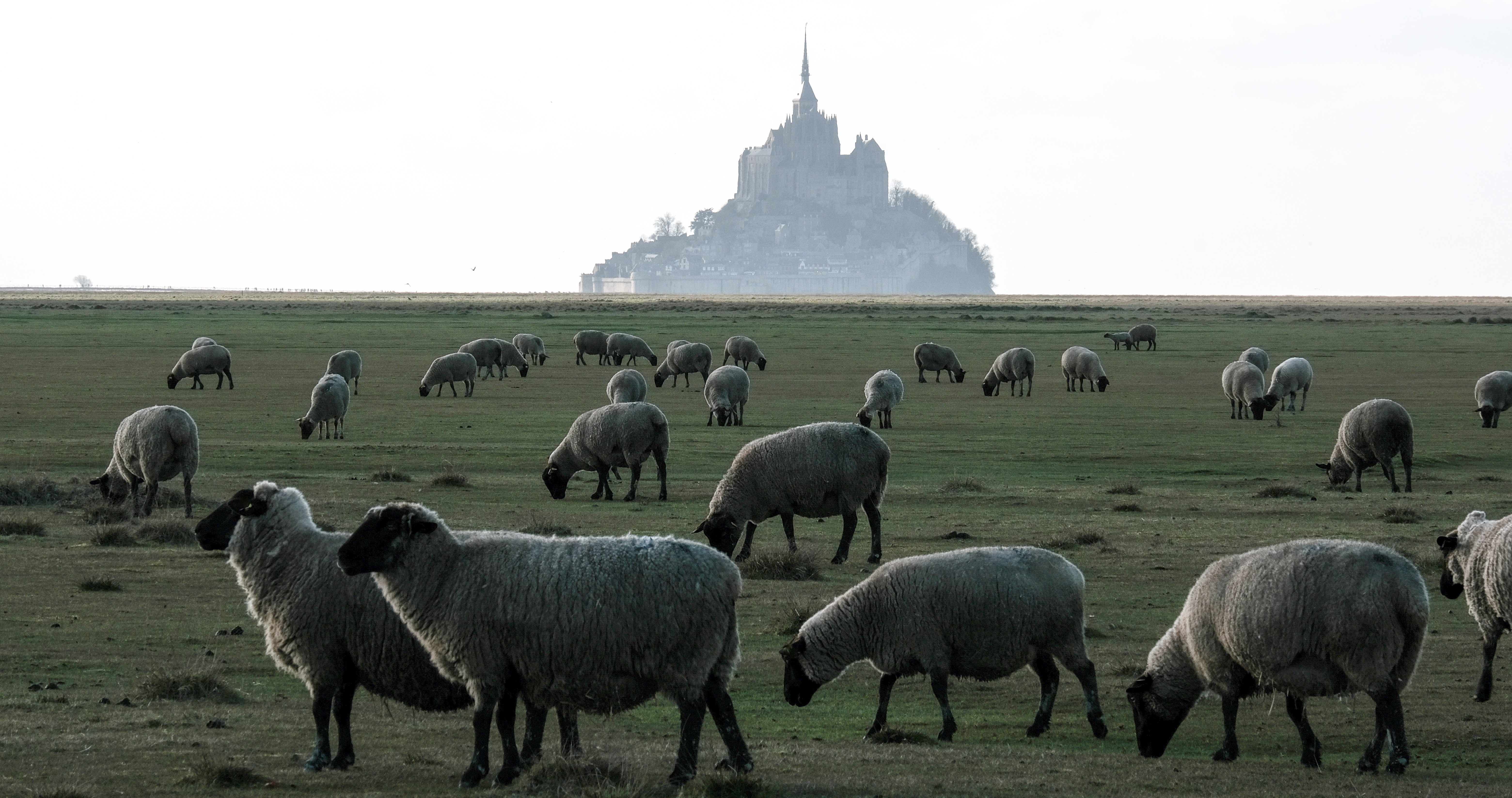
Animal Nutrition
This course focuses on the dietary
nutrients needs of animals,
primarily those in agriculture and food
production
This course is still under construction
Introduction
This animal nutrition course will cover a range of topics related to the dietary needs and feeding practices for various animals with special focus on domestic animals. A clear understanding of this course is essential for those interested in veterinary science, animal husbandry, wildlife conservation, and animal science. This course will cover the following areas:
General Introduction
- The role of nutrition in animal health and productivity
- Nutrient Requirements - Proteins, carbohydrates, fats, vitamins, and minerals.
- Energy requirements and metabolism
Digestive Physiology
- Anatomy and function of the digestive systems in different species (monogastrics, ruminants, hindgut fermenters)
- Digestive processes and nutrient absorption
Feedstuff Evaluation
- Types of feedstuffs (forages, grains, supplements)
- Nutritional value and quality assessment
- Methods of feed analysis
Formulating Animal Diets
- Principles of diet formulation
- Balancing rations to meet specific nutrient requirements
- Use of software and tools for diet formulation
Feeding Management
- Feeding strategies for different life stages and production purposes (growth, reproduction, lactation, maintenance)
- Practical aspects of feeding (feed preparation, delivery, and storage)
- Specialized Nutrition
- Nutrition for specific species (livestock, pets, wildlife, zoo animals)
- Addressing special dietary needs and health issues (e.g., obesity, malnutrition)
- Nutritional Disorders and Toxicology
- Common nutritional deficiencies and toxicities
- Prevention and treatment of nutrition-related diseases
Emerging Trends in Animal Nutrition
- Advances in feed technology
- Sustainable and eco-friendly feeding practices
- The role of biotechnology in animal nutrition